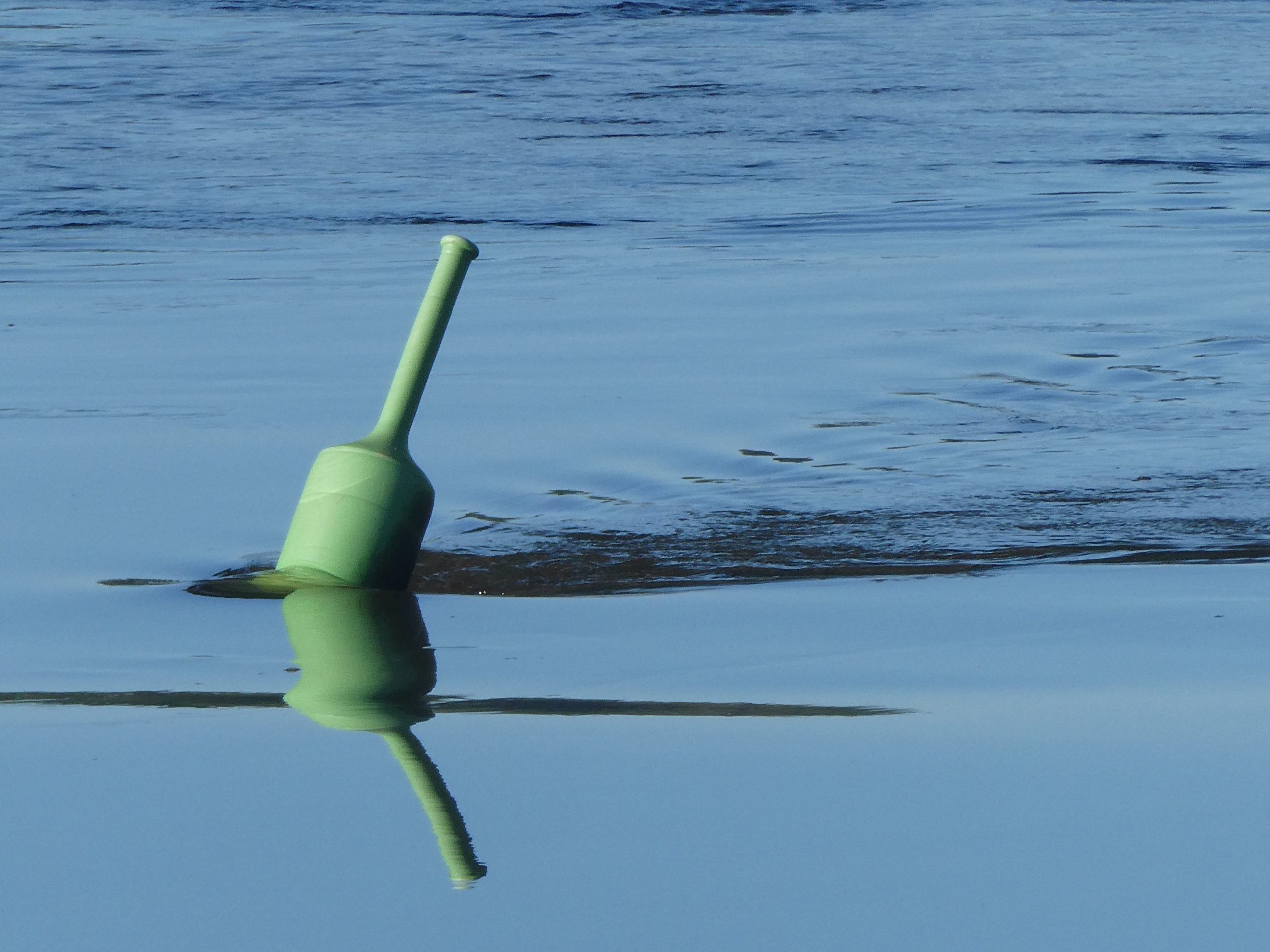
Why Breathe?
Got Stress?
There’s a lot to say about mastering it.
But for some people, talking about it is a lot easier than doing it. And understanding why you have difficulty won’t really solve the problem anyway; that’s a little bit like understanding why your tooth hurts. Which is to say, it’s still going to hurt until you do something, or stop doing something, to make it stop. It’s the same thing with relaxing. You’ve got to do something, or stop doing something, to get more relaxed.
There are many ways to improve your ability to calm your mind, relax your body, and increase your overall mastery of stress. The good news is that they’re all simple. And they’re all based on basic breath awareness.
Breath awareness is the secret sauce of stress management, stress mastery, and restoring (and maintaining) your emotional well-being.
Why is breath awareness the foundation of any effort to reduce stress? Because we are always breathing. And we breathe more or less deeply, regularly, and easily depending on how stressed we are. The more stressed we are, the more caught up we become in racing thoughts about whatever is causing our stress. The more caught up we are, the more tension we begin to hold in the body. The more tension we hold in the body, the more our thoughts race. And the less deeply we breathe. It’s a loop.
The practice of breath awareness is how you interrupt, slow down, or even stop this loop. The more deeply you breathe, the quieter the mind becomes. The quieter the mind, the more clearly you think. The more clearly you think, the more confidently you problem-solve. The more confidently you problem-solve, the less stress you experience. And the less stress you experience, the more emotional well-being you feel, even in challenging times.
Whatever you have already heard (or tried) about breath awareness, I invite you to set it all aside right now and begin anew with these simple practices.
Some Notes About These Practices
These basic practices are mindfulness practices. Mindfulness – the practice of deepening our present moment awareness – is highly correlated with reduced stress and improved emotional well-being, even when you’re in the thick of hard times. Breath awareness is the basis for present moment awareness. Thus, mindfulness practice, in all its many forms, begins here.
Breath awareness practice in particular and mindfulness practice overall, is also “attention-training” practice.
It is natural for the mind to wander. It is precisely the wandering, and especially our challenge to tame or re-direct it, which shows us how much at the mercy of it we often are. For this reason, breath awareness practice is also attention-training practice. Any time you practice, whichever practice you do, take care to maintain the intention to bring your mind back to the breath. Even if much of your practice consists of this, it is perfectly okay. The better able you are to master your attention, i.e., to maintain your focus, the greater the benefit you will derive from even very short practices. The degree to which your mind wanders will vary from practice to practice (that is natural too). At the same time, you will get “better” at it, simply with experience and continued practice. More is better, just like when you’re learning anything new. But anything is good. And any practice is a good practice!
The Inventory practice and The Beach Blanket practice help us reduce our emotional reactivity to undesirable circumstances.
It is only human to react to undesirable circumstances in our lives.
But unless we are aware of the ways we tend to unwittingly amplifying our own distress, we will continue to react automatically in ways that increase rather than decrease it.
The Inventory, The Beach Blanket, and countless other similar practices help us reduce our emotional reactivity to undesirable circumstances. As we get better at observing ourselves (thoughts we typically think, sensations in our bodies, moods to which we tend to “default” under various circumstances) with less resistance and less judgment, our emotional reactivity decreases and our emotional well-being increases. These basic mindfulness practices are how we will increasingly embody a less resisting, more accepting attitude toward reality exactly as we find it in the moment at hand.
Less resistance, less judgment, and more acceptance do not mean that we behave passively toward circumstances we find unpleasant; nor to they constitute complacency, resignation, or “giving up” in any form. We can still work to change things if change is both desirable and possible. Whether or not change is possible, this kind of acceptance is how we will experience less stress and more emotional well-being in the moment at hand, whatever it holds.
